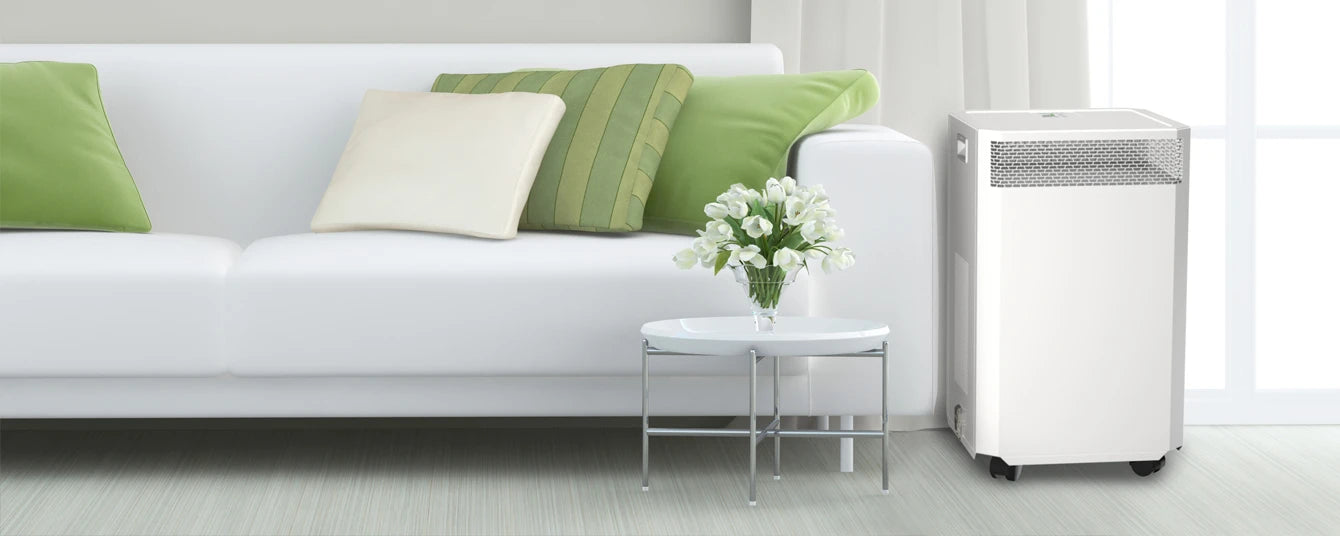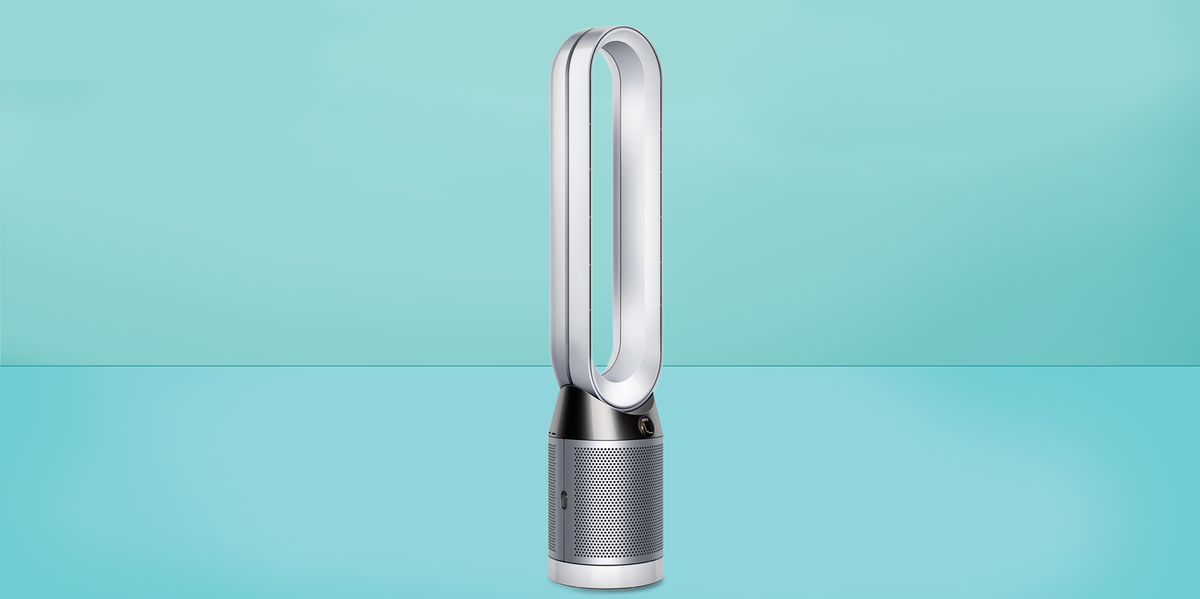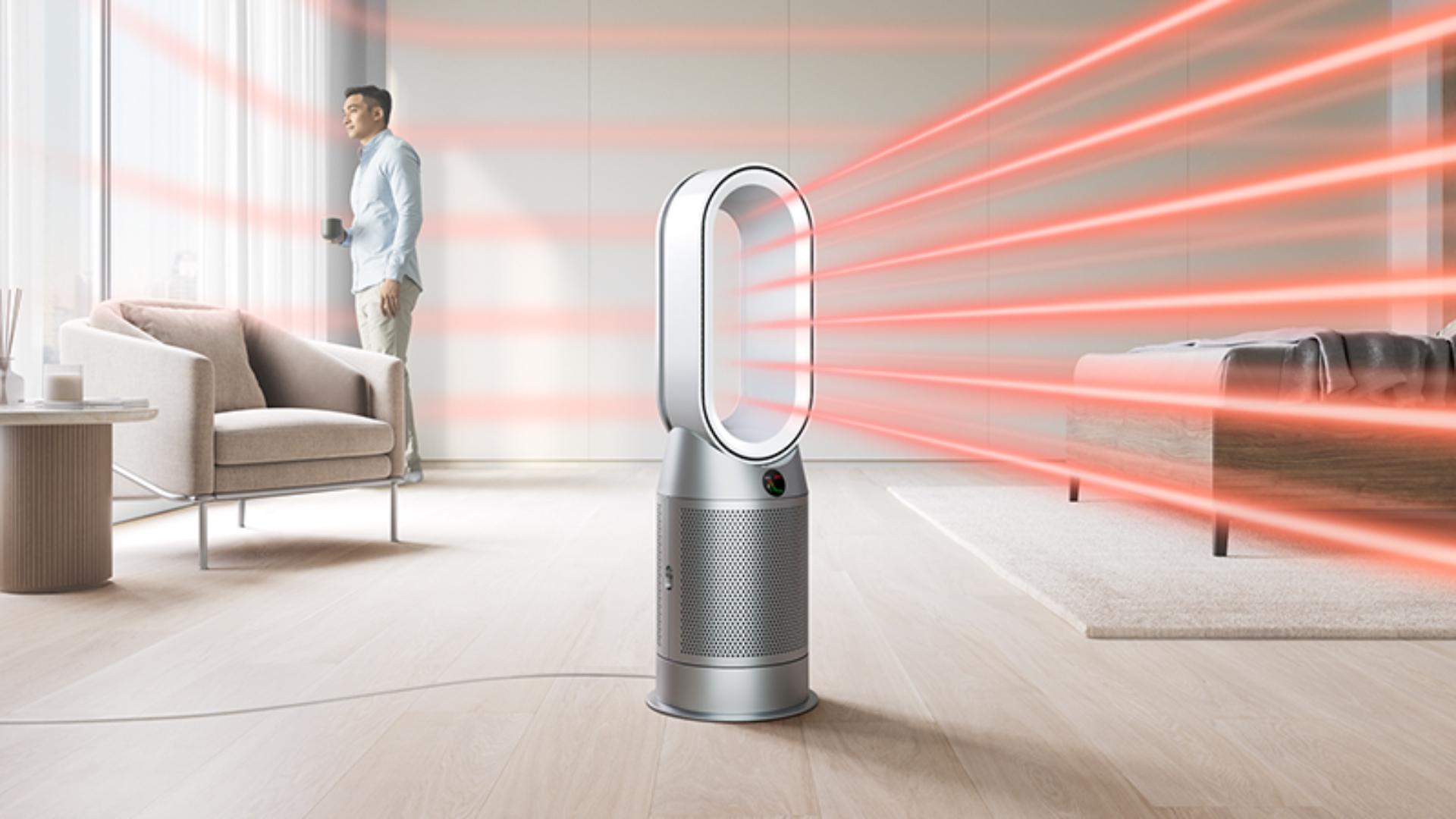Featured
Table of Contents
- – Understanding Allergies and Triggers
- – Can Air Purifiers Aid With Allergies?
- – The Scientific Research Behind Air Purifiers ...
- – Are Air Purifiers Right for You? Elements to ...
- – Taking advantage of Air Purifiers for Allergies
- – Beyond Air Purifiers: A Multi-Pronged Strategy...
- – Living a Breath Easier Life with Allergies

Air cleansers are frequently promoted as a remedy, promising cleaner air and alleviation from allergic reaction signs and symptoms. Are air cleansers genuinely worth the financial investment for allergic reaction sufferers?
Understanding Allergies and Triggers
To recognize the duty of air purifiers, let's first delve into allergic reactions and their triggers:
- The Allergic Reaction: Allergies occur when your immune system overreacts to a safe material, like pollen or dust mites. This reaction triggers the release of histamines, creating allergy signs like sneezing, coughing, scratchy eyes, and a drippy nose.
- Usual Irritants: Indoor allergens include dust termites, pet dog dander, mold and mildew spores, plant pollen that drifts indoors, and also roach irritants. These airborne bits can aggravate your respiratory tracts and cause allergic reaction signs and symptoms.
Can Air Purifiers Aid With Allergies?
Air cleansers work by drawing in air, filtering system out toxins, and launching cleaner air back into the room. Below's just how they can possibly profit allergy victims:
- Capturing Allergens: HEPA (High-Efficiency Particulate Air) filters, a typical kind utilized in air purifiers, are extremely reliable at catching air-borne irritants like dust mites, animal dander, and pollen. By removing these triggers from the air you breathe, air cleansers can aid minimize allergy symptoms.
- Improved Air Quality: Air purifiers can likewise eliminate various other irritants from the air, such as smoke, dirt, and unpredictable organic substances (VOCs) This general renovation in air top quality can be advantageous for allergy victims that are delicate to these additional triggers.
The Scientific Research Behind Air Purifiers and Allergies
Research studies have revealed that air cleansers can be valuable in reducing allergy signs and symptoms. Right here's a take a look at some crucial research study findings:
- A 2019 review released in the journal "Current Allergy and Bronchial asthma Records" concluded that air cleansers with HEPA filters can be efficient in decreasing allergy symptoms and boosting lifestyle for people with hay fever (hay fever)
- A 2018 research published in the journal "Record of Allergy, Asthma & Immunology" discovered that making use of an air purifier with a HEPA filter in the bed room significantly lowered allergen irritant levels and enhanced rest quality in individuals with asthma.
Nonetheless, it's important to keep in mind that research study additionally suggests some constraints:
- Air Purifier Protection: Air cleansers are most reliable in the area where they are positioned. Their effect on allergens in other components of your house might be minimal.
- Extent of Allergies: While air purifiers can assist, they might not be a full remedy for extreme allergic reactions. Medicines and other allergy monitoring methods could still be needed.
Are Air Purifiers Right for You? Elements to Think About
Here are some key aspects to think about when choosing if an air purifier deserves it for your allergic reactions:
- Extent of Allergies: If your allergic reactions are light and well-controlled with medication, an air purifier may not be necessary. For those with modest to serious allergic reactions, an air purifier can be a useful tool in managing signs and symptoms.
- Kinds of Allergens: Think about the main triggers for your allergic reactions. Air cleansers are most effective for airborne irritants like allergen, pet dog dander, and plant pollen. They could not be as useful for irritants like mold and mildew that grow on surfaces.
- Way of living and Environment: If you have family pets, live in a location with high pollen matters, or have issues about interior air quality, an air purifier can be useful.

Taking advantage of Air Purifiers for Allergies
If you make a decision to spend in an air purifier for allergies, here are some ideas for maximizing its effectiveness:
- Select a HEPA Filter: Search for an air purifier with a HEPA filter licensed to catch fragments as tiny as 0.3 microns.
- Right Size for the Room: Make sure the air purifier has a Clean Air Delivery Price (CADR) that is suitable for the dimension of the area you plan to utilize it in.
- Positioning Matters: Place the air purifier in the area where you spend the most time, such as your bedroom.
- Normal Filter Upkeep: Replace HEPA filters according to the maker's guidelines to keep optimal performance.
- Incorporate with Other Methods: Air cleansers are not a one-size-fits-all option. Integrate them with other allergy management approaches like medication, regular cleaning, and allergen-proof bed linens.
Beyond Air Purifiers: A Multi-Pronged Strategy to Allergic Reaction Management

While air cleansers can be a valuable tool in your allergic reaction toolbox, they are not a miracle drug (If you're looking to buy an Air Purifier then Air Cleaners Australia is the best destination.). A thorough approach that combines air filtration with various other strategies is key to achieving lasting allergy relief. Right here are some extra approaches to think about:
- Medicine: Antihistamines, decongestants, and nasal corticosteroids, suggested by your physician, can properly manage allergic reaction symptoms.
- Allergic Reaction Testing and Immunotherapy: Determining your certain allergens through allergic reaction testing can lead the way for immunotherapy, a therapy that assists desensitize your body immune system to irritants gradually.
- Air Top Quality Management: Regular cleaning with a HEPA-filtered vacuum cleaner and allergen-specific cleaning items can considerably lower dust termites, animal dander, and various other irritants in your house.
- Managing Moisture: Mold prospers in moist settings. Utilizing a dehumidifier can help manage humidity degrees and stop mold growth, an usual interior allergen.
- Way of living Adjustments: If you have hatreds plant pollen, remaining inside during peak plant pollen periods and showering after investing time outdoors can help minimize direct exposure.
- Bedding and Surface Areas: Encasing pillows and cushions in allergen-proof covers can substantially minimize dust mite exposure. Consistently washing bed linens in warm water assists eliminate irritants.
Living a Breath Easier Life with Allergies
Keep in mind, managing allergic reactions is a continuous procedure. By recognizing your triggers, implementing a multi-pronged technique, and potentially integrating an air purifier into your strategy, you can significantly reduce allergic reaction signs and symptoms and take a breath easier.
Additional Factors To Consider:
- Consulting a Physician: If your allergies are serious or not well-controlled with drug and lifestyle adjustments, consult an allergist for customized referrals.
- Air Top Quality Surveillance: Take into consideration utilizing an air top quality display to track allergen degrees in your house and readjust your monitoring methods appropriately.
- Long-Term Financial investment: A top quality air purifier can be a lasting financial investment in your wellness and well-being.
By taking an aggressive strategy and taking on a mix of these techniques, you can produce a healthier and allergy-friendly atmosphere, enabling you to appreciate a breath less complicated life.
Table of Contents
- – Understanding Allergies and Triggers
- – Can Air Purifiers Aid With Allergies?
- – The Scientific Research Behind Air Purifiers ...
- – Are Air Purifiers Right for You? Elements to ...
- – Taking advantage of Air Purifiers for Allergies
- – Beyond Air Purifiers: A Multi-Pronged Strategy...
- – Living a Breath Easier Life with Allergies
Latest Posts
Masport vs Nectre Timber Heaters : Choosing the Ideal Winter Warrior for Your Australian Home
Battling the Mold Hazard: Are Air Purifiers Well Worth It?
Are Air Purifiers Well Worth It for Allergies? Breathing Easier with Science-Backed Solutions
More
Latest Posts
Masport vs Nectre Timber Heaters : Choosing the Ideal Winter Warrior for Your Australian Home
Battling the Mold Hazard: Are Air Purifiers Well Worth It?
Are Air Purifiers Well Worth It for Allergies? Breathing Easier with Science-Backed Solutions